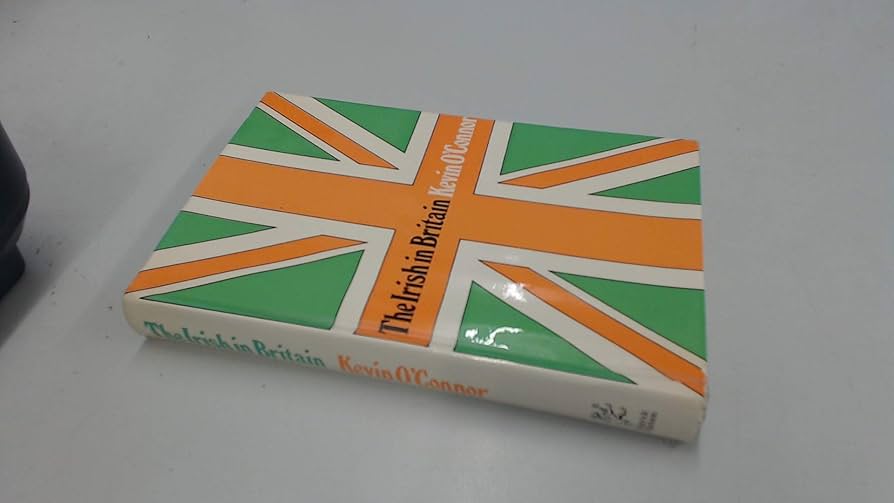A lesson from history.
Ireland’s relationship with the United Kingdom is complicated and multifaceted. It is characterized by a common history, cultural similarities (including in sports), and political enmity. In this article, we will discuss the nature of this relationship by comparing and contrasting them and considering the historical legacy that has ultimately led to their present-day circumstances.
Historical Context
To make head or tail of the relationship between these two nations, you would need to rewind to centuries of history that define them today. For close to 800 years, Ireland was ruled by England, and it only officially joined the United Kingdom of Great Britain in 1801. The Irish fight for freedom was a prolonged and frequently bloody; it ended in 1921 with the island’s division into what is now the Republic of Ireland, which stayed an independent country, while Northern Ireland became integrated into Britain.
Political Structure
Ireland is a sovereign nation with its own constitution and government. While the UK is a constitutional monarchy comprising four countries: England, Scotland, Wales, & Northern Ireland. From a political perspective, it is one of the most important differences between Ireland and the UK. Parliamentary democracy is the type that governs in the case of the Republic of Ireland. For the UK, it’s hereditary monarchy that rules the country.
Economic Policies
Ireland and the UK are both developed countries with open economies. Economic policy has diverged over time, too, particularly after Ireland adopted the euro in 1999 but the UK kept the pound. Additionally, the impending withdrawal of the UK from the European Union, Brexit, has created new economic challenges and benefits for both countries, particularly in relation to trade and border regulations.
Cultural Similarities
Ireland and the UK have more in common than many politically united countries. Their love for books, the music industry, and pub culture are all ingrained in their DNA. They even have a language in common (although Ireland also has Irish Gaelic as a national GENUINE language).
Social Systems
The social systems of Ireland and the UK are similar in many regards, yet they have wholly different influences. The UK and Ireland have public health services, with the NHS in the UK and the HSE in Ireland. Educational structures are similar, with mandatory schooling and optional post-high school education having approximately the same structure, although the specifics of the systems differ.
Sports and Recreation
Most British and Irish people share a common interest in sports. The most common sports in both countries include rugby, football, and horse racing. Nonetheless, Ireland has its own indigenous sports such as hurling and Gaelic football, which do not have the same prominence in the UK. They are run by the Gaelic Athletic Association (GAA).
The Complex Relationship
Ireland and the UK have a chequered relationship, with Northern Ireland being a bone of contention. One of the biggest improvements in relations was, without a doubt, the Good Friday Agreement of 1998, which practically put an end to all hostilities and organized the political environment.
The National Lottery
Just like The UK has a national lottery, Ireland has its own: The Irish National Lottery. It was established in 1987 and it is a special part of Irish culture. The Irish Lottery helps to finance public projects for health, welfare, and the arts.
Conclusion
Though Ireland and the UK share much of a heritage, each country has developed its national personality. Although the culture and way of living has many similarities, deeper differences are found in the political and economic spheres. Subjects like these can only be truly understood in the lens of history and the already in progress navigation of peace and comradery. As neighbouring countries with intertwined histories, Ireland and the UK continue to share a bond, reflecting a partnership which has developed over generations.
